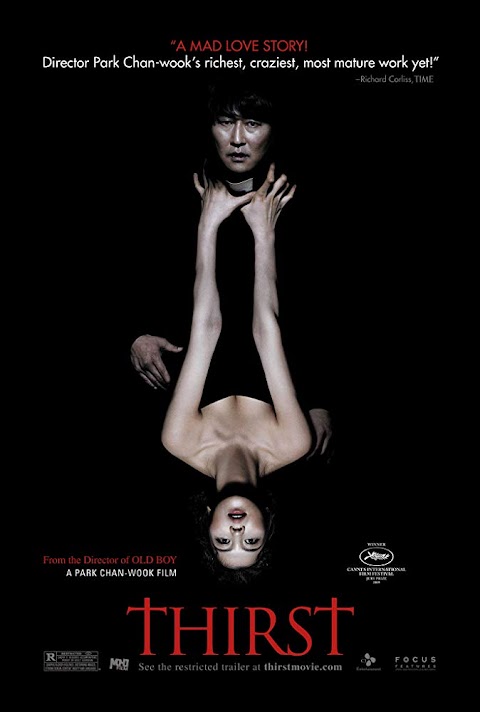Reviews
The Life of Chuck: A Quietly Profound, If Uneven, Meditation on Life and Legacy
The Life of Chuck (2024)
The Life of Chuck (2025), directed by Mike Flanagan and based on Stephen King’s novella, trades conventional horror for heartfelt reflection. Divided into three reverse-chronological movements—Thanks, Chuck; Buskers Forever; and I Contain Multitudes—the film navigates mortality, joy, and memory. It’s a tonal tapestry that asks viewers to embrace life’s fleeting moments, though not without moments of dissonance.
What Resonates
A Poignant Opening Act
The first chapter offers a serene yet unsettling apocalypse—sunlit streets amid societal collapse, punctuated by strange billboards celebrating Chuck’s life. It captures existential dread in a quietly affecting way, illustrating how life’s end can evoke strange connections across the world.
A Joyous Dance of Humanity
At the film’s heart is a spontaneous dance where Chuck (Tom Hiddleston) ignites a moment of pure, shared joy with a busker and a stranger. It’s a cinematic high note: kinetic, tender, and unforgettable—an assertion that even one fleeting moment can define a life.
Emotional and Thematic Layers
Through subtle revelations about family, grief, and regret—especially in Chuck’s childhood with his grandparents (Mark Hamill and Mia Sara)—Flanagan gives viewers space to meditate on the small moments that shape our lives. The film resists overt explanations, inviting emotional participation rather than prescribing it.
Visually and Structurally Unique
With its three-part structure and shifting casts, the film plays like a symphonic movement rather than a narrative, weaving memory and identity across time. Critics from RogerEbert.com and others have praised its unhurried ambition and willingness to leave room for interpretation.
What May Undermine Its Impact
Narrative Disconnection & Sentimentality
Several critics—The Guardian chief among them—found the screenplay’s earnestness overly saccharine. Flanagan's reliance on voice-over narration sometimes undercuts emotional depth, reminding viewers of what they just saw rather than letting feelings emerge organically.
Emotional Distance from the Protagonist
Although the film centers on Chuck, we seldom get to know him fully. Critics like those at The Guardian and The Times felt his character remains elusive, framed more as an idea than a person—making it harder to feel truly connected.
Inconsistent Tone and Pacing
The film shifts from reflective apocalypse to stylized musical interlude to coming-of-age drama. While ambitious, some find the tonal transitions jarring, particularly the second act's upbeat dance interrupting the somber mood established at the start.
Final Thoughts
The Life of Chuck is a tender, contemplative film that speaks softly but lingers long after the credits roll. It may feel too gentle or emotionally coagulated for some—but for those open to its mood and pace, it's a deeply human meditation on the fleeting beauty of everyday life, elevated by strong performances, especially from Hiddleston and supporting cast.





































Post a Comment
0 Comments